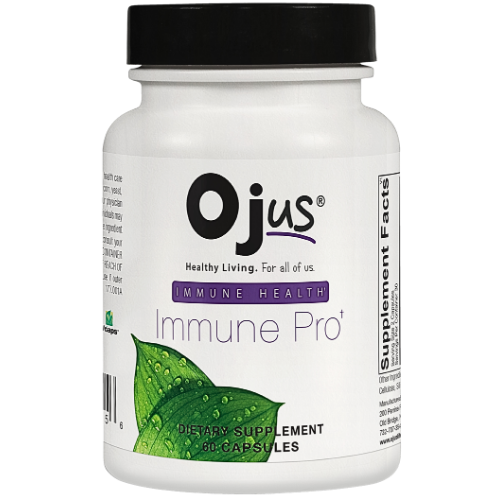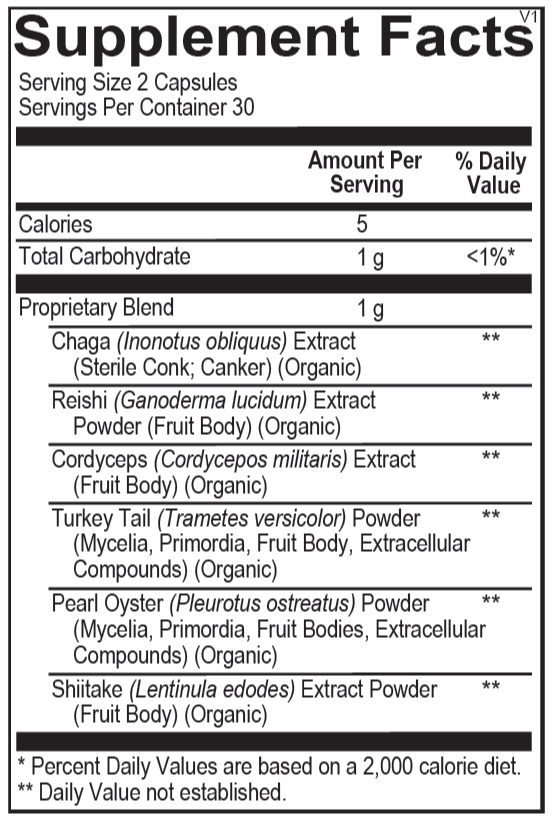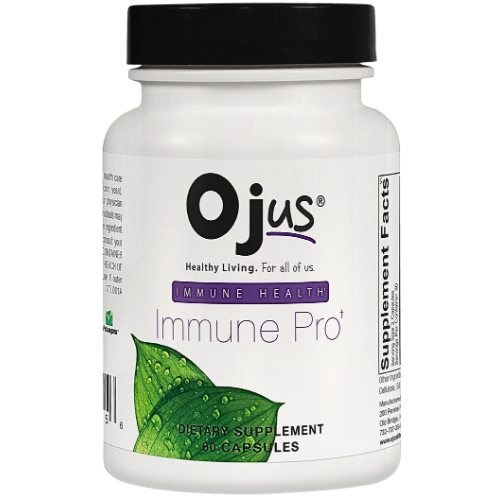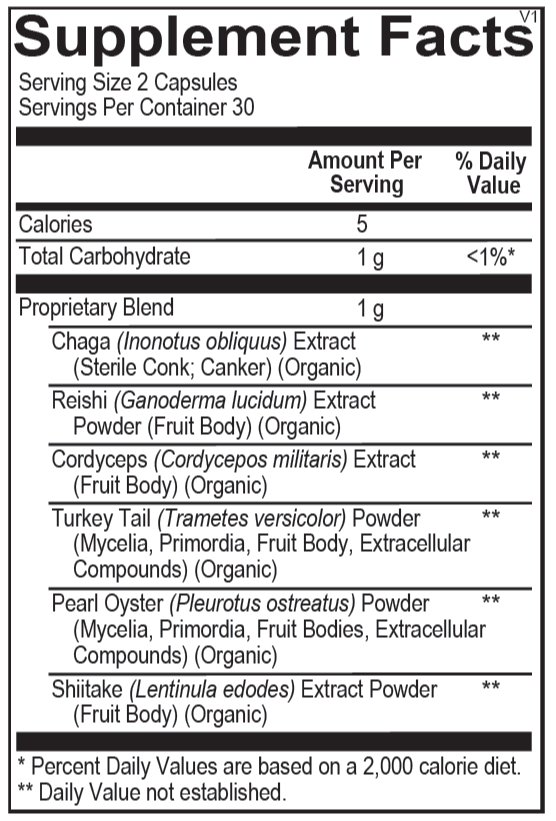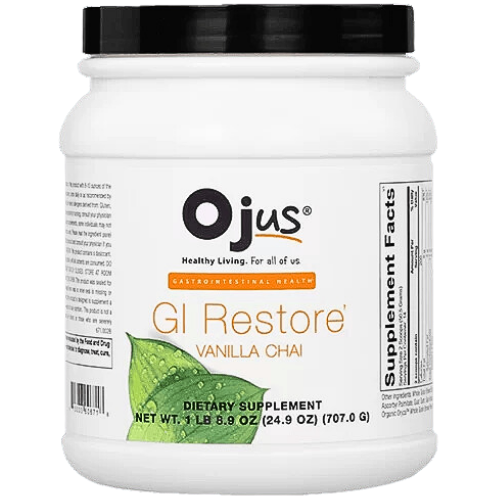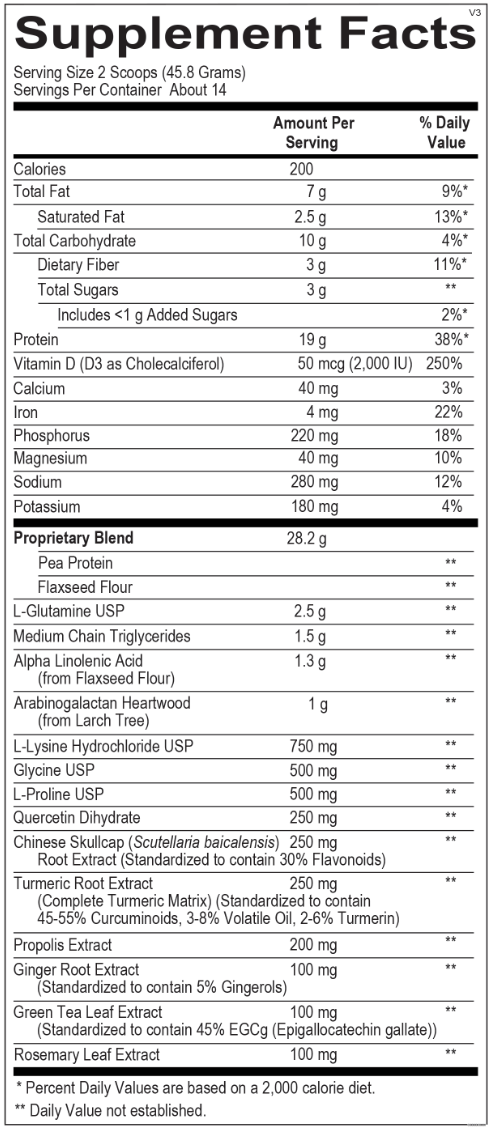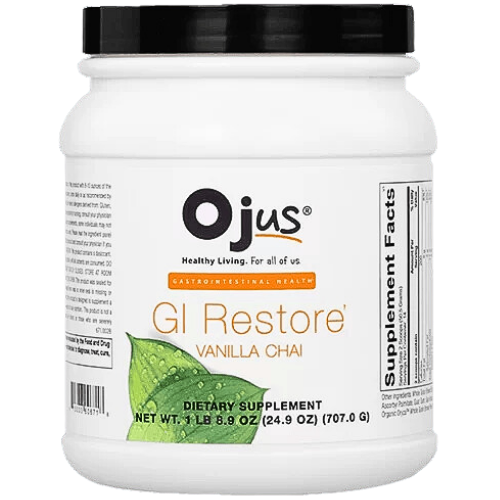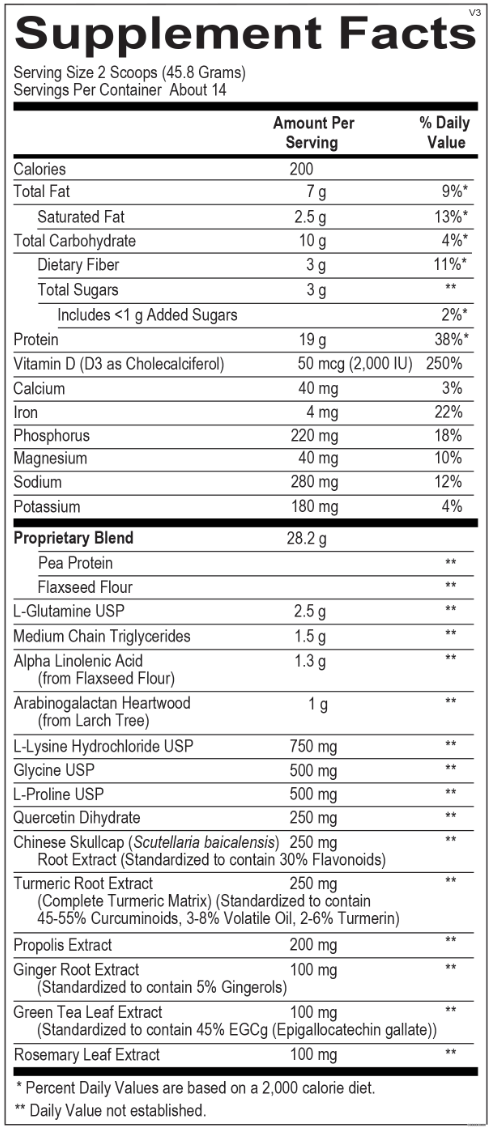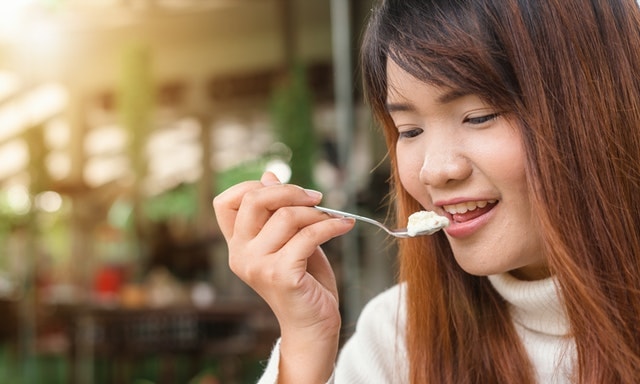
Why take Probiotics with Antibiotics: Purpose, Dosage, Best Time to take Probiotics
Dr Anita Nischal| At some point, many people have prescribed antibiotics for a bacterial infection. But, did you know the consumption of antibiotics can extremely affect your gut health? Although antibiotics are great for treating bacterial infections, they often cause side effects, particularly for your gut and its dweller ecosystem of bacteria. |
The best way is to start taking some kind of probiotics with antibiotics to keep your gut healthy. Probiotics help to restore your gut by adding helpful bacteria which bring stability to the bacterial communities in your gut microbiome.
Also, research shows that taking probiotics with antibiotics can lessen the risk of side effects, like diarrhea. Strains of Lactobacillus and Saccharomyces Boulardii (a beneficial yeast) can aid in alleviating antibiotic side effects.
What is Saccharomyces Boulardii?
Saccharomyces Boulardii is an advantageous yeast and was identified as an exclusive species of yeast. Now it is whispered to be a strain of Saccharomyces cerevisiae. But Saccharomyces Boulardii is diverse from other strains of Saccharomyces cerevisiae usually known as brewer’s yeast and baker’s yeast.
Also, S Boulardii is used as medicine. Besides, S Boulardii is most generally used for treating and preventing diarrhea, with infectious types such as rotaviral diarrhea in children, diarrhea caused by gastrointestinal (GI), traveller’s diarrhea, and diarrhea linked with tube feedings.
But, the main use of S. Boulardii is in the prevention and treatment of diarrhea caused by the continuous use of antibiotics.
How does S. Boulardii work?
Saccharomyces Boulardii is called a “probiotic,” a responsive organism that benefits to fight off disease-causing viruses in the gut like bacteria and yeast.
Know Best Probiotic To Take With Antibiotics
The major problem people face is to find the best probiotic to take with antibiotics because not all are formulated equally. Many companies tend to produce probiotics with fillers, starches and sweeteners which all give rise to pathogens in the gut. Hence, finding a high-grade probiotic is very much essential for a healthy gut.
Probiotic formed by Ojus is a unique probiotic formula intended to deliver active organisms shown to help healthy gut microflora, defend intestinal integrity and increase immune function. Taking probiotics, containing Saccharomyces Boulardii, a widely researched microorganism helps restore microflora balance by augmenting commensal organism function.
Best Time to Take Probiotics
Taking probiotics with antibiotics at the same time will reduce the presented bad bacteria in the gut. It is also recommended to take the supplement with your meal or mediately after the food.
Some research shows that Saccharomyces Boulardii microorganisms survive in alike numbers with or without a meal. While Lactobacillus and Bifidobacterium survive best when taken up to 30 minutes before a meal
However, steadiness is perhaps more significant than whether you take your probiotic with or without food. A study found that probiotics produced positive changes in the gut microbiome irrespective of whether they were taken with a meal or not.
Recommended Dosage of Probiotics
A healthy gut life is all about the right balance. Too much of anything, whether it’s food, medication or a supplement, can put your digestive system out of whack. Taking probiotic supplement dosage is measured in colony-forming units (CFUs).
Colony-forming units designate the amount of live and viable bacteria presented in a product. A probiotic supplement must deliver at least 1 billion CFUs per dose for adults. Also, it is suggested to consult your physician, gastroenterologist or nutritionist for the recommended dose of probiotics.
Apart from supplements, it is a good idea to eat a diet that’s rich in both prebiotics and probiotics such as:
- Oats
- Leafy bitter greens, like dandelion greens, seaweed, and spinach
- Bananas
- Onions, garlic, and leeks
- Jerusalem artichoke
- Asparagus
- Apples
- Flaxseeds
- Barley
- Cocoa
- Roots, like chicory root and jicama root
These foods can help to upsurge helpful bacteria like Bifidobacteria and Lactobacillus.
Recommendations | Probiotics with Antibiotics
The bottom line with S. Boulardii is that it is a verified supplement that has been shown the utmost usefulness in serving people with conceded gut health bacteria out of the “bad” so the “good” have a chance to curl once again.
Foods that are rich in fibre and inflamed foods comprising live bacterial cultures, can augment your microbiome with health-promoting bacteria that restores an ecosystem to its former glory. Also, you must know which foods and beverages to avoid when taking antibiotics. Avoid alcohol, grapefruit, and calcium-fortified foods to evade any needless harm from the medication.
The simple question is not taking probiotics OR antibiotics, but it is the question of taking probiotics with antibiotics.
The best time to take probiotics is with your evening meal or after your meal. Also, it is not suggested to take your probiotics with an empty stomach.
The antibiotics effects have a half-life of about 24 hours or in 4-5 days in your system. Metabolism and Excretion are 61.3 minutes. Around 60% of an orally administered dose of amoxicillin is excreted in the urine within 6 to 8 hours. Detectable serum levels are pragmatic up to 8 hours after an orally directed dose of amoxicillin.
The probiotics start showing benefits as soon as 1-3 days. In some cases, it takes as long as 2-3 weeks as well.
Taking Saccharomyces Boulardii with antibiotics seems to support the prevention of Clostridium difficile-associated diarrhea from frequent in people with a history of repetition. S Boulardii helps the shield of the intestinal lining from harmful bacteria and promotes a healthy immune system. Also, it promotes constant function of the gastrointestinal barrier, as well as provides digestive support for nutrient absorption and digestion.
Taking too many probiotics can lead to upset stomach, gas, diarrhea or bloating. If you have an immune system issue or another serious health condition, you may have a bigger chance of problems. So, it is recommended to consult a doctor before the use of probiotics supplementation.
The best probiotics are Lactobacillus Rhamnosus GG, Saccharomyces Boulardii, Bifidobacterium lactis, and Lactobacillus Casei for treating diarrhea.


